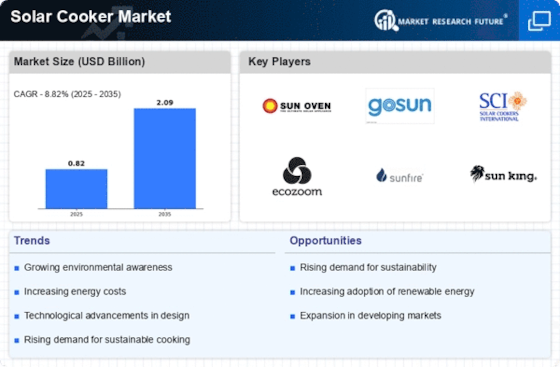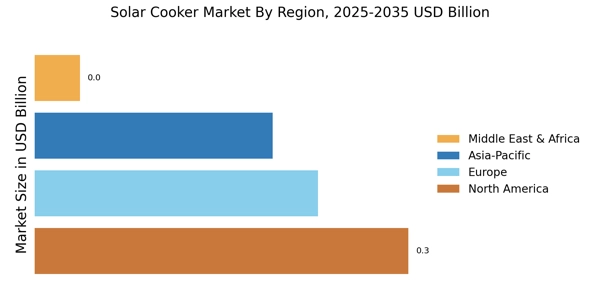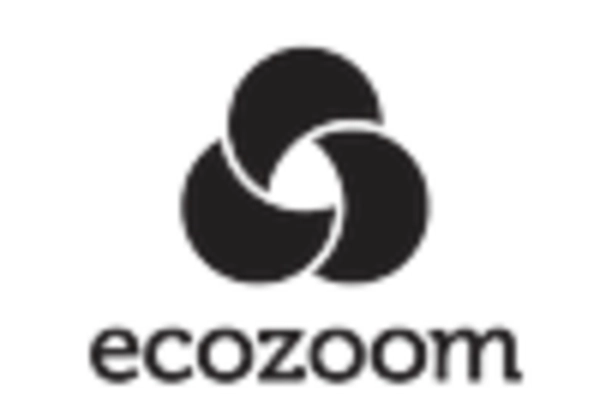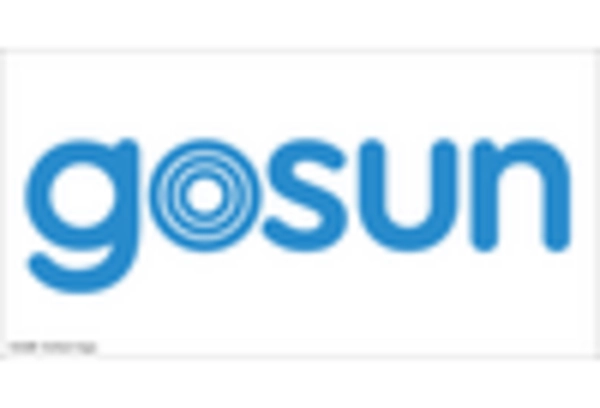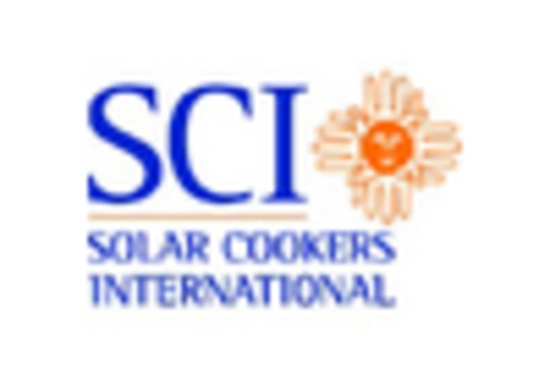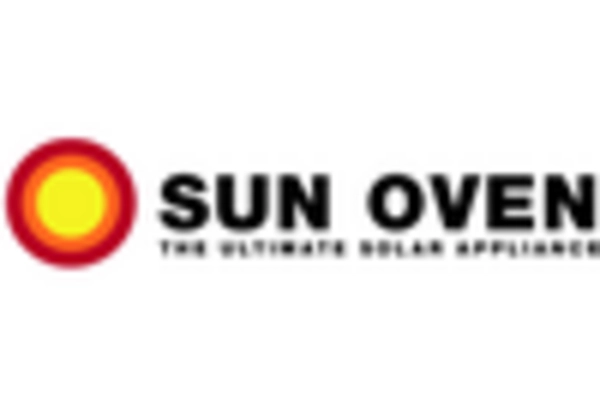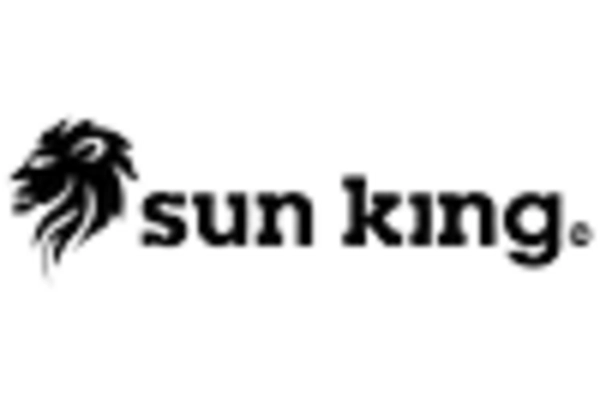Rising Energy Costs
The Solar Cooker Market is experiencing a notable surge in demand due to rising energy costs. As traditional energy prices continue to escalate, consumers are increasingly seeking alternative cooking methods that are both cost-effective and sustainable. Solar cookers, which utilize sunlight as a free energy source, present an attractive solution for households looking to reduce their energy bills. In many regions, the cost of electricity and gas has risen significantly, prompting a shift towards solar cooking solutions. This trend is particularly evident in areas where energy poverty is prevalent, as families seek affordable and efficient cooking options. The Solar Cooker Market is thus positioned to benefit from this economic shift, as more consumers recognize the long-term savings associated with solar cooking technologies.
Technological Innovations
Technological advancements are playing a crucial role in shaping the Solar Cooker Market. Innovations in materials and design have led to the development of more efficient and user-friendly solar cookers. For instance, the introduction of lightweight and durable materials has made solar cookers more portable and accessible. Additionally, advancements in solar thermal technology have improved cooking efficiency, allowing users to prepare meals faster and with less sunlight. Market Research Future indicates that the introduction of smart solar cookers, which can track sunlight exposure and optimize cooking times, is gaining traction. These innovations not only enhance user experience but also expand the potential applications of solar cookers, thereby contributing to the growth of the Solar Cooker Market.
Government Policies and Support
Government initiatives and policies aimed at promoting renewable energy are significantly influencing the Solar Cooker Market. Many governments are implementing programs that provide financial incentives for the adoption of solar cooking technologies. These initiatives may include subsidies, tax breaks, or grants for purchasing solar cookers. Furthermore, educational campaigns aimed at raising awareness about the benefits of solar cooking are being launched in various regions. Such support not only encourages consumers to invest in solar cookers but also fosters a favorable regulatory environment for manufacturers. As a result, the Solar Cooker Market is likely to see increased investment and innovation, driven by supportive government policies.
Increased Focus on Sustainable Living
The Solar Cooker Market is witnessing a growing trend towards sustainable living practices. As individuals and communities become more conscious of their environmental impact, there is a marked shift towards eco-friendly products. Solar cookers, which harness renewable energy, align perfectly with this ethos. The increasing awareness of climate change and the need for sustainable solutions has led to a rise in the adoption of solar cooking technologies. Market data indicates that regions with higher environmental awareness are seeing a faster uptake of solar cookers. This trend is likely to continue as more consumers prioritize sustainability in their purchasing decisions, thereby driving growth in the Solar Cooker Market.
Rising Urbanization and Population Growth
The Solar Cooker Market is also being influenced by rising urbanization and population growth. As more people migrate to urban areas, the demand for efficient cooking solutions is increasing. Urban populations often face challenges such as limited access to traditional energy sources and higher living costs. Solar cookers offer a viable alternative, particularly in regions where electricity supply is inconsistent. Market data suggests that urban areas with high population density are witnessing a surge in solar cooker adoption, as residents seek reliable and cost-effective cooking methods. This trend is expected to continue, as urbanization progresses and the need for sustainable energy solutions becomes more pressing, thereby driving growth in the Solar Cooker Market.


